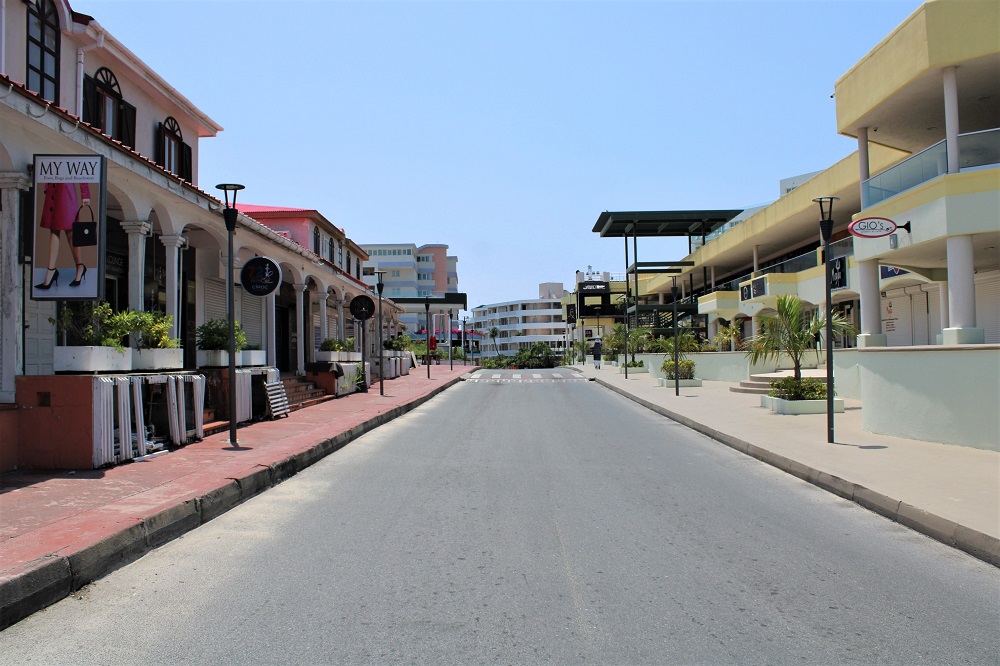Court rules against Maho’s request for tax-exemption – StMaartenNews.com – News Views Reviews
 21 December 2024
21 December 2024



PHILIPSBURG — Sonesta Maho Beach Resort can forget about tax exemption for its investment of 59,148,000 guilders (a bit over $31.3 million) in the renovation of its resort after it was severely damaged bij Hurricane Irma in September 2017. It will only get this exemption for the expansion of its resort, an investment of 12,852,000 guilders (around $7.2 million). The dispute between the Minister of Finance and Resort of the World, the entity that owns the resort, ended with a decision by the Common Court of Justice that handled the appeal against the refusal to offer tax-exemption for the complete investment.
Resort of the World based its request for tax-exemption on the LBBH, an ordinance that aimed to promote the establishment of enterprises and the construction of hotels in the former Netherlands Antilles. In January 1988 the LBBH was amended and it was no longer applicable to the improvement or the renovation of a hotel.
On January 24, 2018, Resort of the World put in a request for tax exemption. The minister of finance rejected the request which triggered a sequence of appeals, new rejections and more appeals until the cases landed at the Common Court of Justice for a final appeal against the ministers’ refusal to grant tax-exemption for the investment in Maho’s renovation. The minister only granted the exemption for the expansion of the resort.
Maho enjoyed a ten-year tax holiday that started in 1997. In 2015 and 2016 it invested in a thorough renovation of its facilities. That did not pay off because on September 6, 2017, Hurricane Irma destroyed the resort and it had to be demolished.
The company did not let it get that far. It decided to renovate what remained of the buildings by strengthening the steel construction and the concrete floors and by installing completely new electricity, water, drainage and communication infrastructure. The renewed building came with new air conditioning systems and new elevators. Construction companies used almost one hundred tons of steel in the process and the total costs amounted to 59,148,000 guilders ($31.3 million).
Maho also expanded its facilities with thirty rooms, a new pool deck, new water slides, a new Ocean Point lobby, a new restaurant, elevators and a new bar. That expansion cost 12,852,000 guilders ($7.2 million).
In its request for tax-exemption, the company wrote that the development would consist of the construction of a resort and an entertainment center, consisting of several stores and restaurants, bars, nightclubs and a casino.
The Court in First Instance concluded that the renovation work did not qualify as new construction, as required by law.
The appeals court identified the question whether this was a case of construction and first furnishing as the centerpiece of the lawsuit. The court ruling states that the term “construction and first furnishing” must be understood as the “initial, or first, construction of a hotel and its furnishing.”
Because Maho renovated the wreckage of its resort, the court ruled that therefore the work does not fall under the definition of a new construction. The court therefore dismissed the appeal against the minister’s refusal to grant tax-exemption for the whole investment.
###
ADVERTISEMENT
Related News

Nouvelles liaisons, flotte renforcée : le point avec Air Antilles

L'humoriste Pierre Palmade en prison après sa condamnation pour son accident de la route

Une semaine après la censure de Barnier, la France toujours dans l'attente d'un nouveau P...





